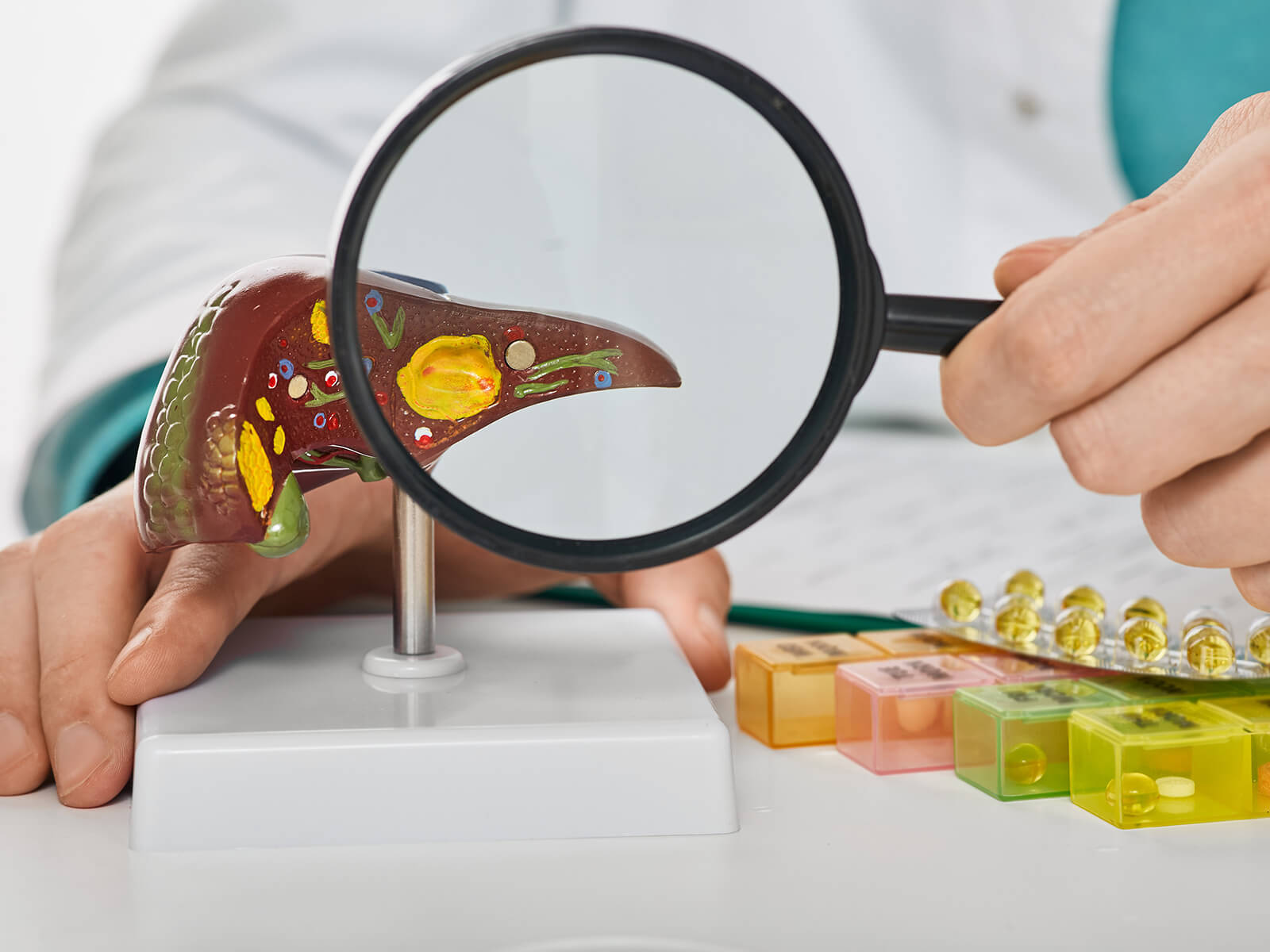
The passage of gas through the alimentary canal is called flatus. Passing gas is normal in the digestive system, but when excessive, it can lead to discomfort, bloating, and embarrassment.
Flatulence may present in a number of ways, such as:
Flatulence may occur due to a number of causes. Common causes include:
Gas and bloating should not cause you to feel your worst. As a board-certified gastroenterologist, we will offer you a chance to consult with our caring staff and identify the underlying cause of your symptoms at GastroDoxs, Houston, and create a tailored treatment plan. Plan your visit and begin your treatment towards long lasting relief and better and easier digestive health.
Call us now: 832-476-1649 Or Make your reservation Online
We've successfully treated more than 1k patients, helping individuals improve their digestive health and overall well-being through expert, personalized care.
With over 20 years of experience, GastroDoxs has been a trusted provider of gastroenterology care, focusing on delivering the best outcomes for patients
High lectin-rich foods such as eggs, broccoli, cauliflower, cabbage, and Brussels sprouts have the ability to produce sulfur-bearing gases in the intestine, resulting in a strong or rotten egg smell when released into the air.
Yes. It is possible to feel pressure pushing against the diaphragm and chest walls when gas becomes trapped in the upper gastrointestinal tract, imitating heart or chest pain.
By eating slowly, avoiding foods that cause discomfort, and engaging in mild activities such as walking after meals, trapped gas can move through the digestive system and relieve the pressure that radiates to the back.
Probiotics may help maintain a healthy balance of gut bacteria, easing bloating and gas over time by improving digestion and nutrient absorption.
When new probiotic strains are introduced, the gut microbiome may temporarily adjust, producing more gas until the digestive system adapts to the change.
Not necessarily. Lentils contain fiber and complex sugars that can lead to gas, but soaking them before cooking and rinsing them well can greatly reduce this effect for many individuals.
Yes, especially when eaten in large quantities or not chewed thoroughly, since the fats and fibers in nuts can be harder for the stomach to digest.